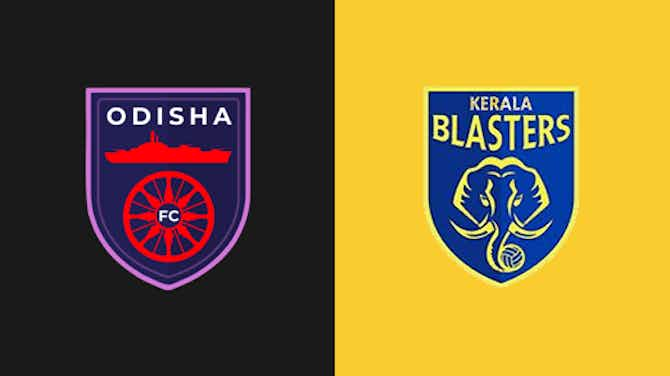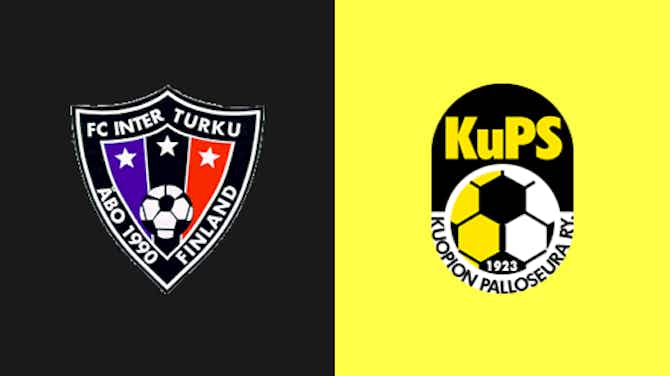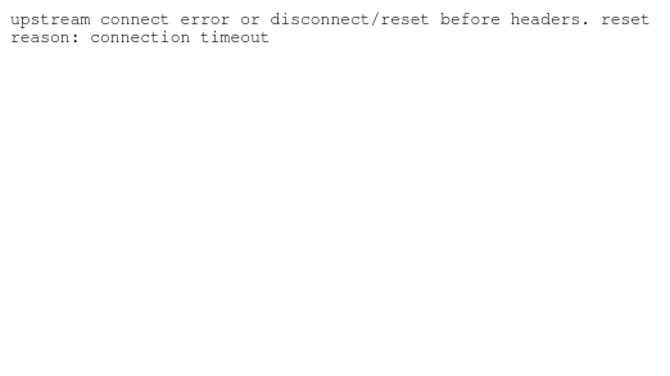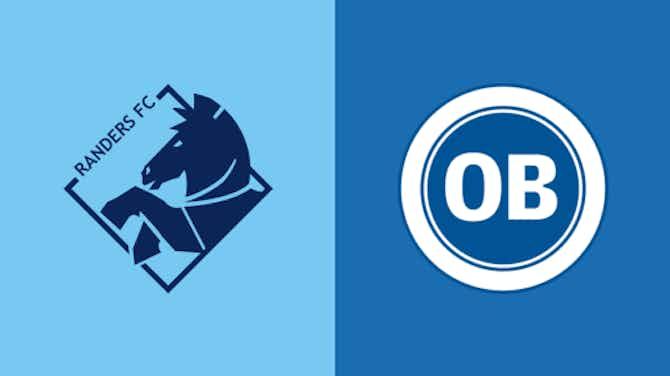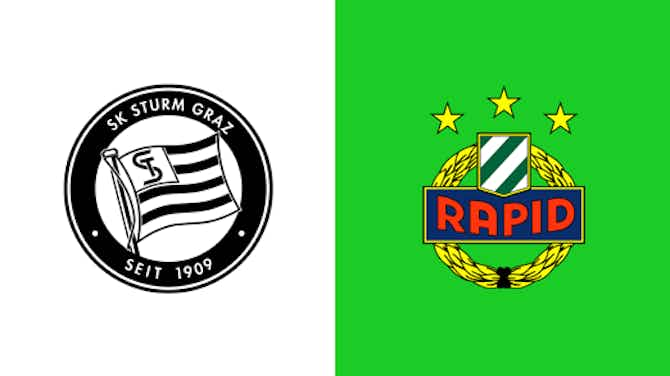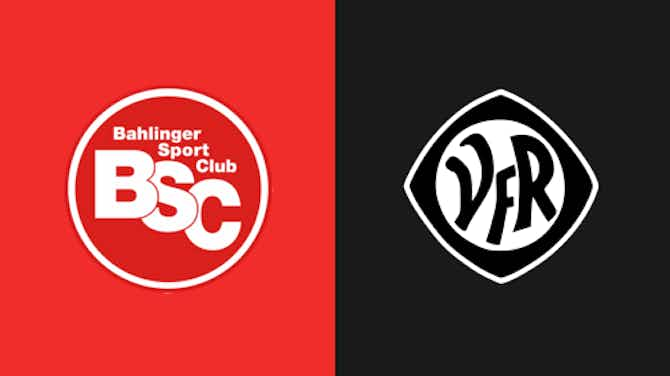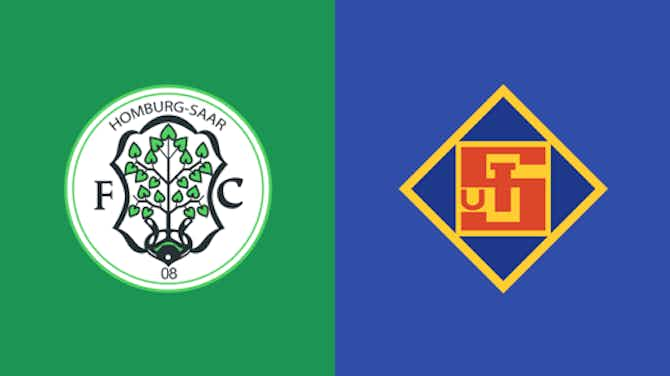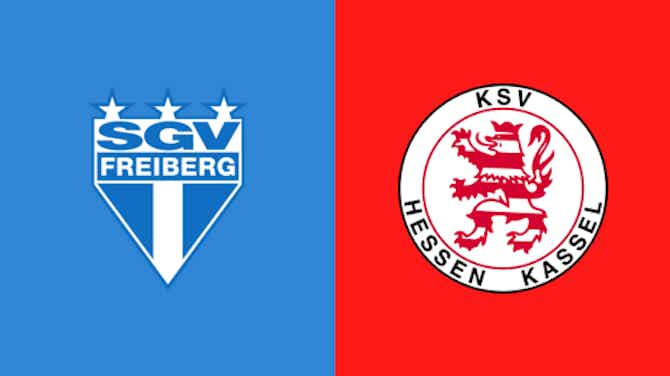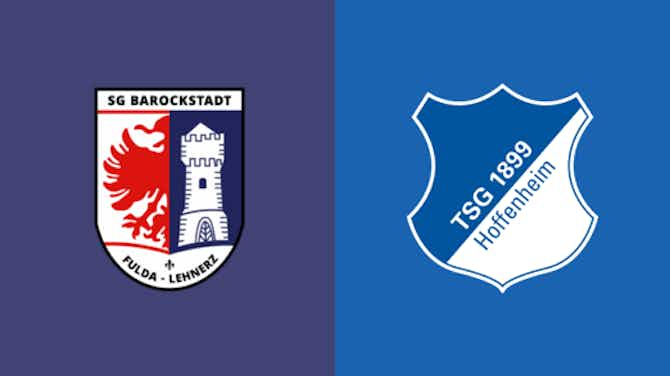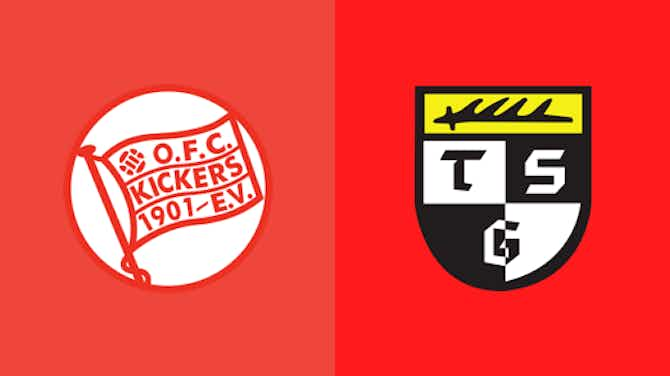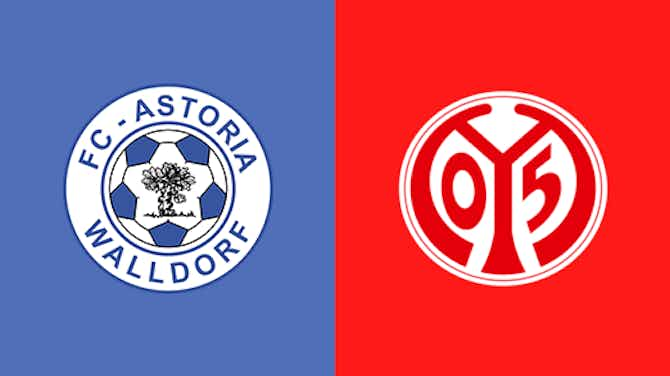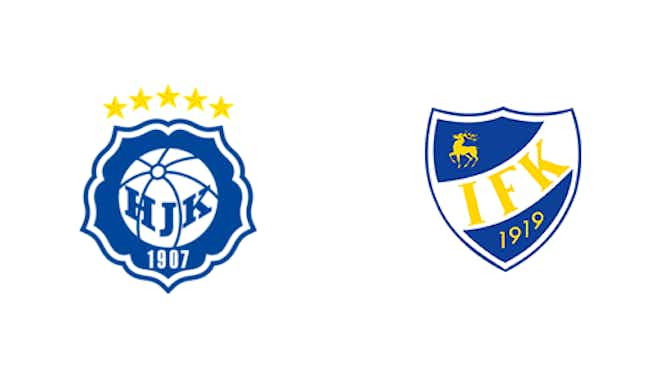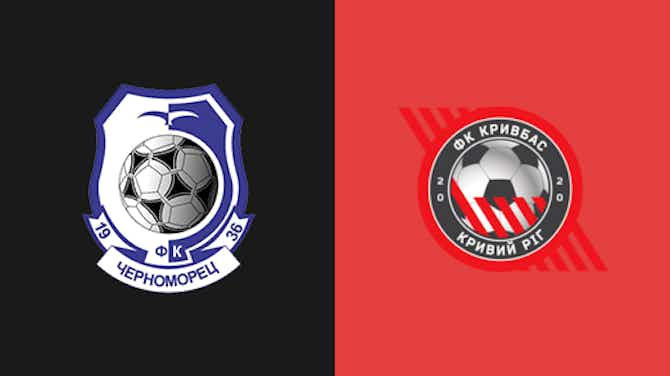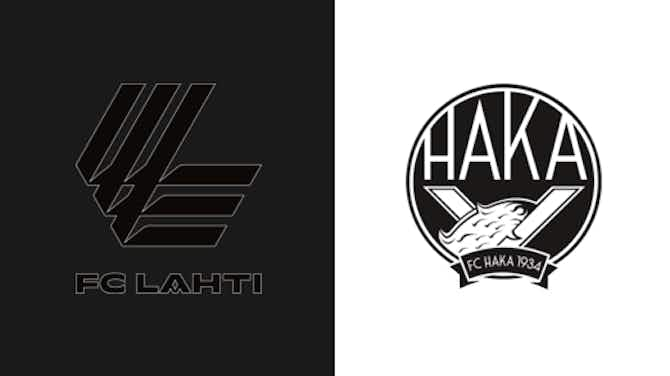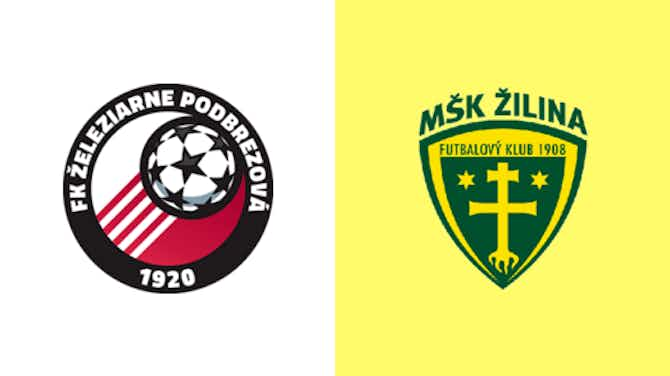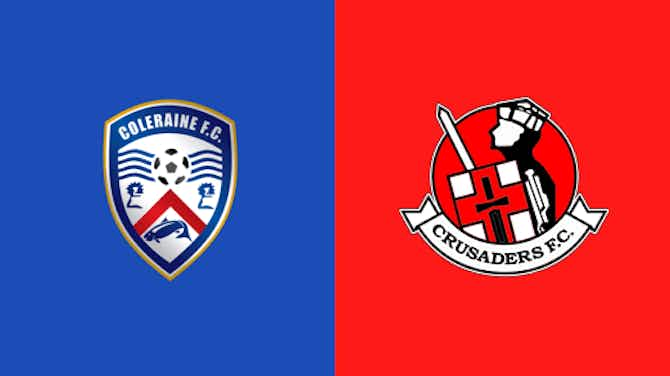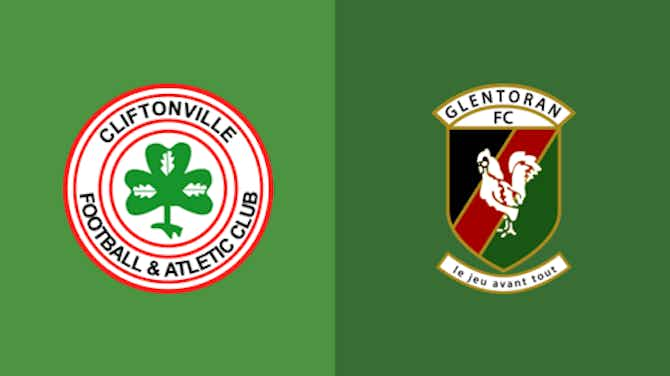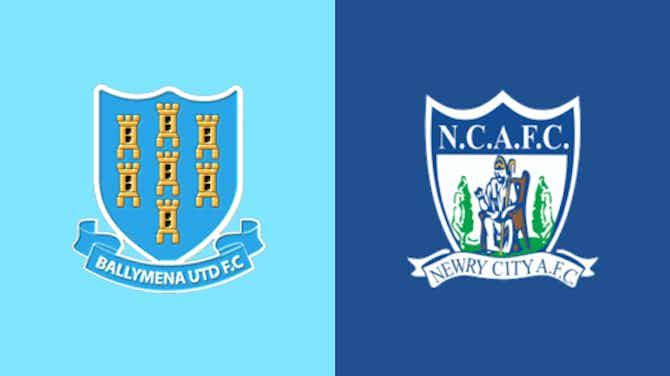90min
·5 October 2022
Why aren't Russia at the World Cup?
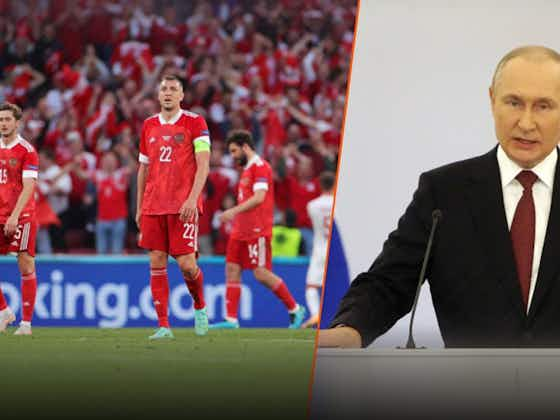
90min
·5 October 2022

Russia's invasion of Ukraine has resulted in tens of thousands of deaths and around 7.5 million people fleeing the country.
Conspiracy theories have been peddled by the Kremlin to justify their aggressive military action, though world leaders have largely rejected such hyperbole for what it is - lies.
Here's what the invasion of Ukraine has resulted in for Russia's national football teams.
The Russo-Ukranian War began in 2014, when Russia annexed the Ukrainian territories of Crimea, Donetsk and Luhansk. There has been a major escalation on Russia's side since the beginning of 2022.
Russia recognised Donetsk and Luhansk - both belonging to the Donbas region - as republics and sent troops to both territories in February before the Russian Federation Council met and unanimously authorised Putin to use military force outside Russia's borders.
Putin then announced the start of a "special military operation in Ukraine" which has resulted in mass casualties across Easter Europe.
Russia escalated the Russo-Ukrainian War with a major invasion of Ukraine in February 2022. Russian president Vladimir Putin has received major criticism for the mass casualties of the conflict and footballing nations soon started putting pressure on FIFA and UEFA to issue a ban on Russian national teams.
The Czech Republic, Poland and Sweden all threatened boycotts and, in February, FIFA imposed a ban on Russia playing home games; they would have to play in neutral venues with no fans in attendance.
Later that month, upon the recommendation of the International Olympic Committee, FIFA suspended Russia's participation in World Cup qualifying. They had been due to play Poland in a play-off semi final, but Robert Lewandowski's side were given a walkover.
The Russian Football Union later declared they would appeal the decision to the Court of Arbitration for Sport, but a request for the temporary cessation of the ban was rejected in March.
A joint statement from FIFA and UEFA read: "Football is fully united here and in full solidarity with all the people affected in Ukraine.
"Both presidents hope that the situation in Ukraine will improve significantly and rapidly so that football can again be a vector for unity and peace amongst people."
Putin recently announced the illegal annexation on Ukrainian regions Donetsk, Luhansk, Kherson and Zaporizhzhia after sham referendums.
Reactions around the world to the invasion were swift. FIFA ruled Russia had to play their matches in neutral stadiums without fans and national symbols.
"FIFA would like to reiterate its condemnation of Russia's use of force in its invasion of Ukraine. Violence is never a solution and FIFA expresses its deepest sympathy to all those affected by what is happening in Ukraine. We call for the urgent restoration of peace, and for constructive dialogue to begin immediately," said the top organisation of football.
FIFA warned together with UEFA and the International Olympic Committee it could take a decision to exclude Russia from any international competition.
Football's governing body made good on its threat of expulsion when, supported by the six confederations, it expelled Russia from international tournaments and stopped their clubs playing in tournaments like the Champions League and Europa League.
Russia won seven of their ten World Cup qualifying games in Group H, finishing just a point behind winners Croatia.
Artem Dzyuba and Aleksandr Yerokhin both netted three times in qualifying but their goals and efforts ultimately counted for little due to their nation's invasion of Ukraine as they were suspended.
A doping scandal in Russia had previously seen them slapped with a two-year ban from all major sporting events in 2020, having initially been given a four-year sentence by the World Anti-Doping Agency.
WADA labelled Rusada - Russia's anti-doping agency - non-compliant after they manipulated laboratory data that was handed to investigators in January 2019.
The data was to be handed over as part of a deal for Rusada's reinstatement in 2018.
That data had to be handed over as a condition of Rusada's reinstatement in 2018. The agency had previously been suspended for three years after the state-sponsored Russian doping scandal broke, and its reinstatement was a cause of widespread controversy.
Russia were allowed to play at Euro 2020 as UEFA are not defined as a "major event organisation" in regards to anti-doping rulings.
Had Russia qualified for the World Cup and not invaded Ukraine, their players would not have been able to compete displaying the name, flag or anthem of Russia at the finals.
